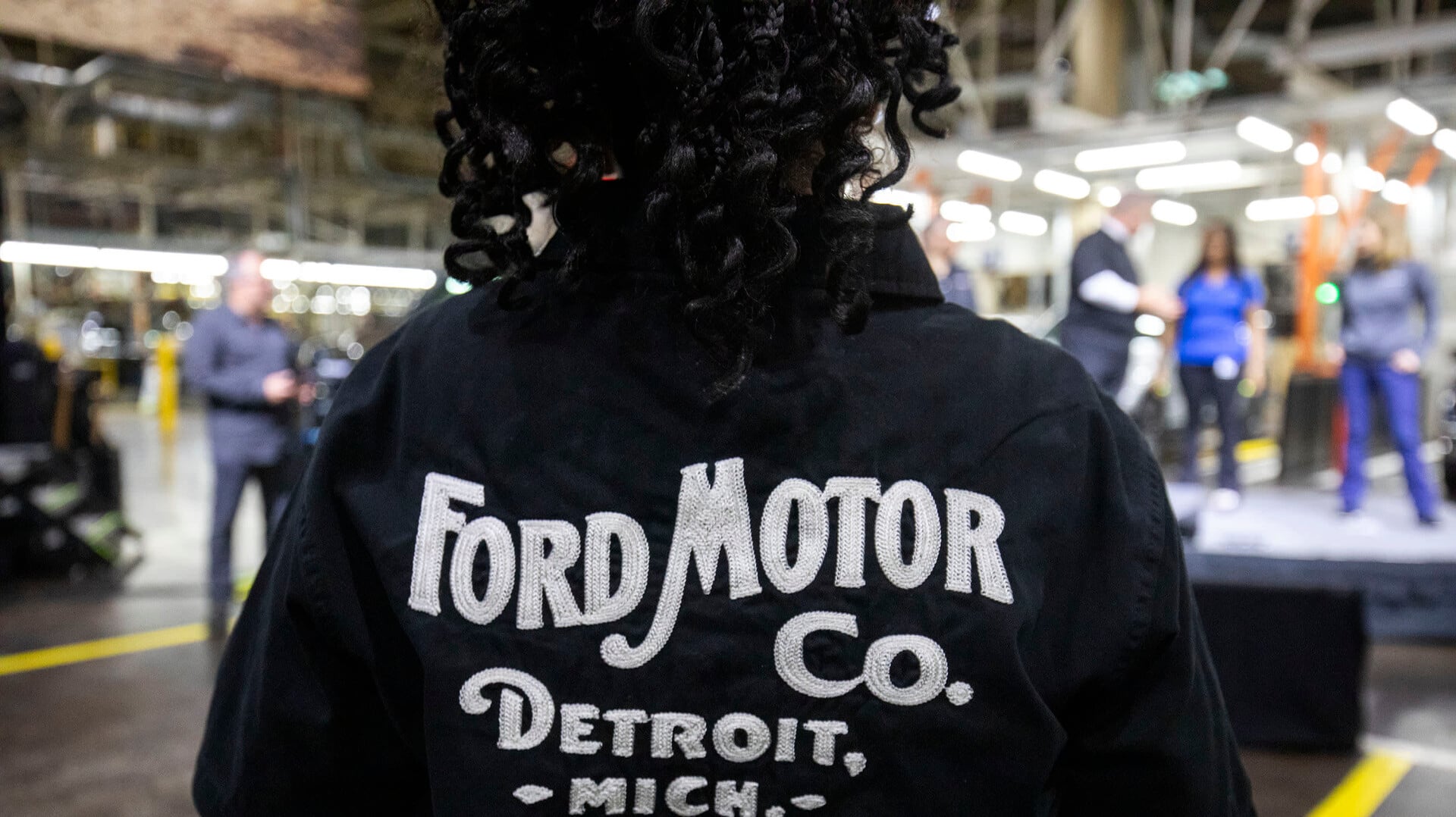
After Harley-Davidson, Ford pumps brakes on DEI initiatives
What's the story
Ford is reassessing its commitments to diversity, equity, and inclusion (DEI) initiatives. The company has been reviewing its DEI policies over the past year, to align with the changing "external and legal environment related to political and social issues," as per an internal communication shared with employees. In the memo, CEO Jim Farley stated the company will no longer use quotas for minority dealerships or suppliers. This move follows similar actions by other companies like Tractor Supply and Harley-Davidson.
Policy shift
Ford's new approach to DEI
In the internal memo, Farley confirmed that Ford does not have hiring quotas. Additionally, the automaker will discontinue its participation in the Human Rights Campaign's Corporate Equality Index and various other "best places to work" lists. This shift in approach marks a significant change in Ford's DEI strategy.
Market response
Industry trend toward neutrality
Ford's decision aligns with a growing trend among companies to adopt a more politically neutral stance. This shift is often attributed to conservative backlash and changing social and political climates in the US. Liz Hoffman, Semafor's business and finance editor, suggested on CNBC's "Squawk Box" that many companies may not have wanted to engage in these initiatives initially but felt compelled due to societal pressures.
Backlash
Criticism and future implications of Ford's decision
The Human Rights Campaign's President Kelley Robinson criticized Ford's decision, warning that "Ford Motor Company's shortsighted decisions will have long-term consequences." She argued that hastily abandoning efforts to ensure safe, fair, and inclusive work environments is detrimental for business. Despite this criticism, the organization confirmed it will continue to evaluate every Fortune 500 company on its equality index regardless of their participation level.
Company statement
Ford's stance on social issues
In response to the criticism, Ford stated, "As a global company, we will continue to put our effort and resources into taking care of our customers, our team, and our communities versus publicly commenting on the many polarizing issues of the day." The company also noted that it would speak out on core issues if it believes its voice can make a positive difference. This statement underscores Ford's commitment to its stakeholders while navigating complex social dynamics.